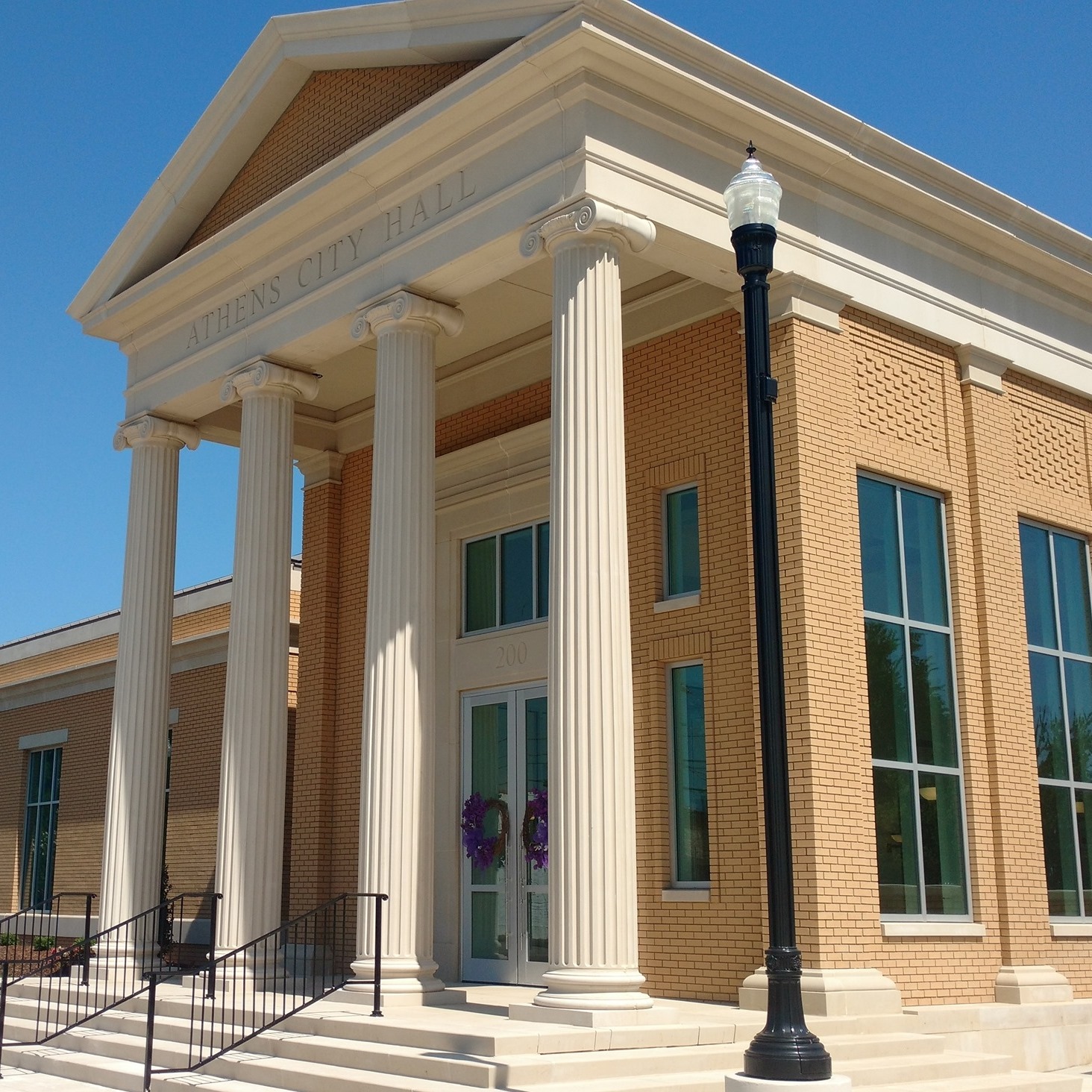SUPERINTENDENTS MEETING: House speaker talks transportation, education, budget
Published 6:30 am Saturday, February 9, 2019

- Alabama House Speaker Mac McCutcheon
Moving forward served as a prominent theme Thursday as Alabama House Speaker Mac McCutcheon addressed North Alabama school superintendents and officials at a meeting at the Limestone County Event Center.
McCutcheon discussed some of the issues legislators would be discussing during the upcoming legislative session, which starts March 5. He said there would be several new faces, but he believed they were “coming in well-prepared” and “very ready to work.”
Trending
“As we move forward into the session, I’m excited about what we are going to do,” he said.
One of the primary objectives on the to-do list is transportation. McCutcheon said there are challenges being faced from ships in the Port of Mobile to buses in North Alabama.
“It all goes back and is linked to our transportation system,” he said. “When we have a good transportation system, it benefits everybody.”
He called it an investment in the state and encouraged superintendents in attendance to support and talk with their legislators to help build a better Alabama.
“We’re going to look down the road and try to do things for the future, for my children, for the children who are coming along,” the speaker said.
An Alabama lottery is also on the speaker’s list. McCutcheon said there would be another bill “like every other year,” and he expected the House to stand firm, requiring “crystal-clear” definitions of what the lottery will be and where the money will go.
Trending
“If we’re going to ask the people to vote, then we want them to know what they’re voting on,” McCutcheon said, adding the money could be spent in part on the education budget but the general fund is “suffering and always needs growth money.”
He went on to encourage superintendents not to automatically “throw up a red flag and go to battle against us” if there is discussion on changes to the education budget during the legislative session.
“We’re just trying to look at all our revenue streams and find a way to complement the general fund and not hurt the education budget,” he said, adding that they’ve “done great things” with the education budget. “… We’ve got the best education revenue stream we’ve had in over a decade.”
He advised superintendents not to jump on board with every new program that comes along, calling it the “worst thing we can do.” He used 2007 growth followed by the 2008 recession as an example. He praised superintendents on budgeting wisely and encouraged them to “take care of the programs that are working, such as pre-K.”
Failing schools
McCutcheon said the House had been looking into maps that used red dots to highlight which counties were home to failing schools, high unemployment rates, high concentrations of people in the corrections system and high percentages of people dependent on government assistance programs like Medicaid or SNAP.
“Politicians love to fly at 30,000 feet and say, ‘Yeah, we’ve got a problem in some of our schools and we need to do something about it,’ but when I can take a map and point at Representative Mac McCutcheon in District 25 and say, ‘Representative, you’ve got a real problem here in your district, what are you doing about it?’ … We’re looking at it from a standpoint of saying, ‘Take a 10-year-old child who’s born in one of those areas that’s highly concentrated red. What kind of future does that child have?”
McCutcheon said he believes a better Alabama can be built if everyone worked together, with education being a key component of that plan. When McCutcheon finished speaking, Limestone County Schools Superintendent Tom Sisk responded to the plan by saying the House needed to acknowledge a shortage of qualified teachers as a key component of the “failing schools” problem.
“If we’re going to label schools as ‘failing schools,’ we need to acknowledge that we’re setting certain school systems up for failure right out the gate,” Sisk said.
He explained that when students graduate and become certified to teach, they are searching for places to “set down and put down roots,” and counties with no hospital and where “the best place to eat is a gas station at the four-way stop” are not appealing. As a result, teachers go to other counties, and quality of education suffers.
“We’ve got history teachers teaching math because at least then we’ve got somebody in there, and that’s not fair to our students and it’s certainly not fair to that community,” Sisk said. “Failing schools directly impact the capacity to bring business in, you directly impact the value of the property, you directly impact the willingness of doctors to relocate, and that’s what superintendents have been saying for the last several years.”






